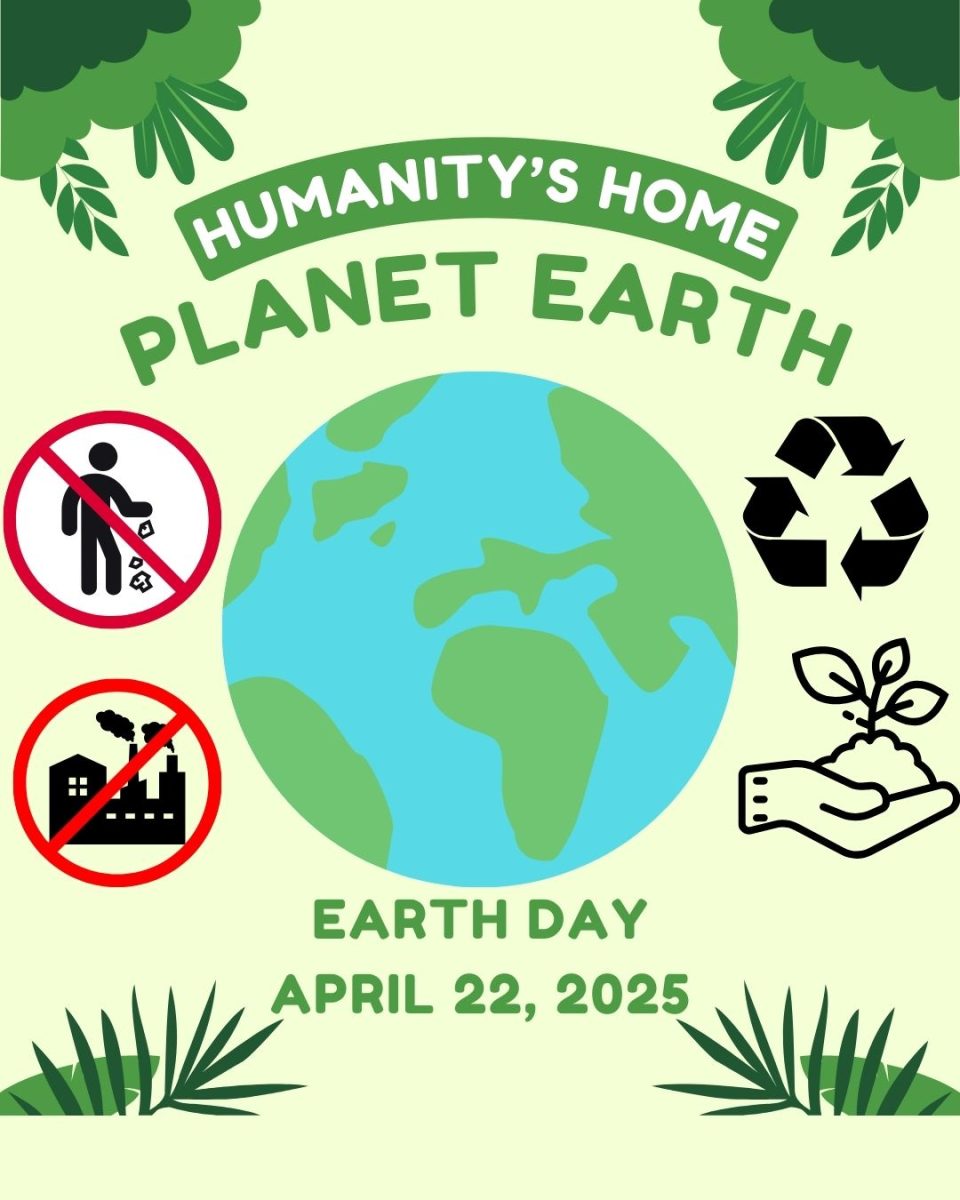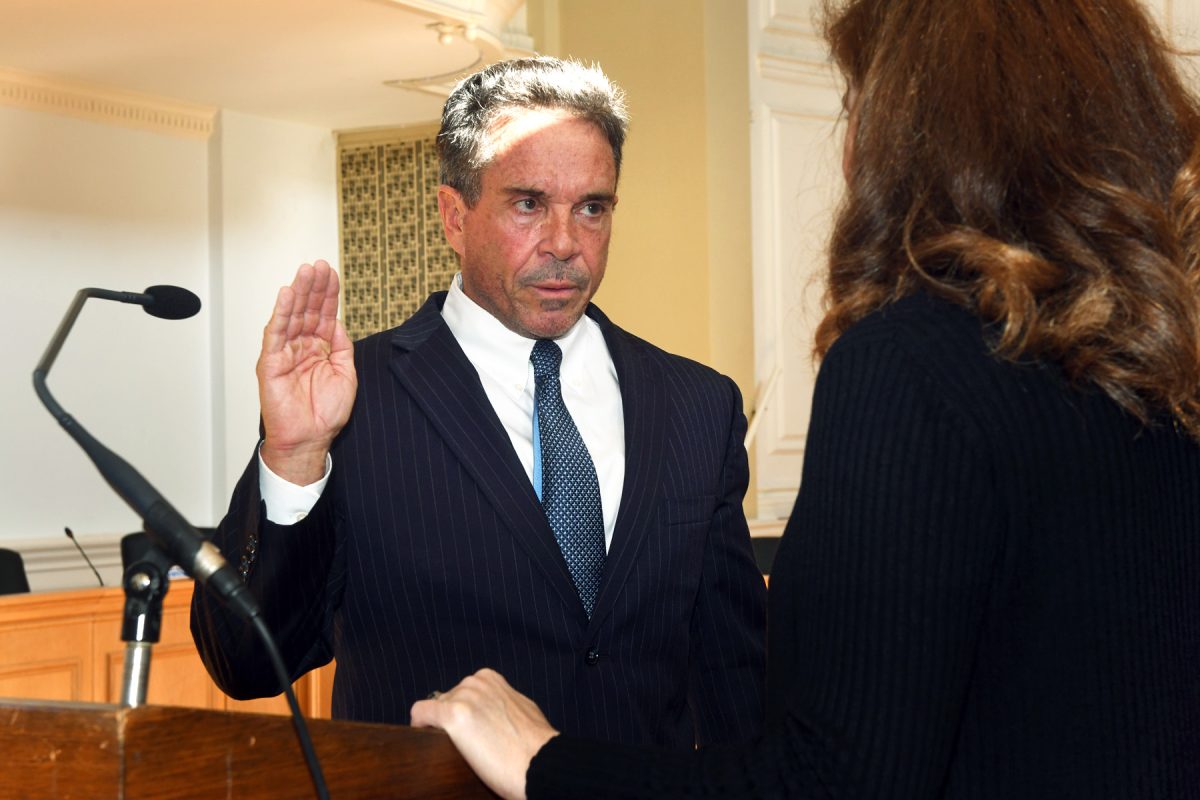Earth has many diverse ecosystems, and it’s necessary for people to protect it from dangers such as climate change, pollution, and wildfires.
The first Earth Day was founded on April 22, 1970, by United States Senator Gaylord Nelson. According to EarthDay.org, Nelson was always worried about the deteriorating environment of the U.S., and after witnessing student anti-war protests and the destruction of a massive oil spill in Santa Barbara, California, Nelson was inspired to take action.
With the help of young activist Denis Hayes, Nelson was able to organize an event that involved protests advocating for environmental issues and bringing that attention to the public. Nelson and his team chose April 22 as it fell between college final breaks and spring break, hoping to maximize the student participation efforts.
The first Earth Day was a massive success, as about 20 million Americans fled the streets and other public areas to advocate. It would eventually become a global event in the 1990s with Nelson and Hayes receiving help from a group of environmental leaders.
But why should humanity be concerned about environmental issues the planet faces? Why do people need to take care of Earth?
“I think if students want to make an impact, they have to be more environmentally conscious.” says Mrs. Melissa Smith, Foran AP Environmental Science teacher.
If humanity doesn’t make an effort to look after the environment, problems like climate change and pollution will reach levels that severely harm the environment, preventing all living beings from functioning properly.
“We have to be educated and do our part everyday.” says Mr. John Connors, Foran AP Chemistry teacher. Connors is well aware of the substances that are in our ecosystem and knows the impact they can leave in an environment.
A harmful chemical substance, commonly found in fertilizers, are Nitrates. If fertilizers were to get into water, it would cause algae to grow uncontrollably.
“Algae sucks up the oxygen [in the water], which fishes and coral need to survive.” says Connors.
Losing oxygen could be fatal for both the ecosystems and humans, as fish and coral will start to get sicker, the world won’t be able to depend on fishing for food, a job, or income.
Another impactful substance is carbon dioxide (CO²), as it’s the main contributor to climate change and global warming. It has even been found to contribute to ocean acidification, as the CO² levels increase, so does the acidity, or pH levels.
To combat these changes to the environment, Connors and Smith say that healthy environmental practices, such as recycling and reusing plastics and other items can lead to less plastics in circulation. Using alternative devices like electric cars can also be helpful in reducing the amount of CO² in the atmosphere.
Protecting Earth is a shared responsibility. Through informed choices and consistent actions, the planet can be preserved for future generations.









